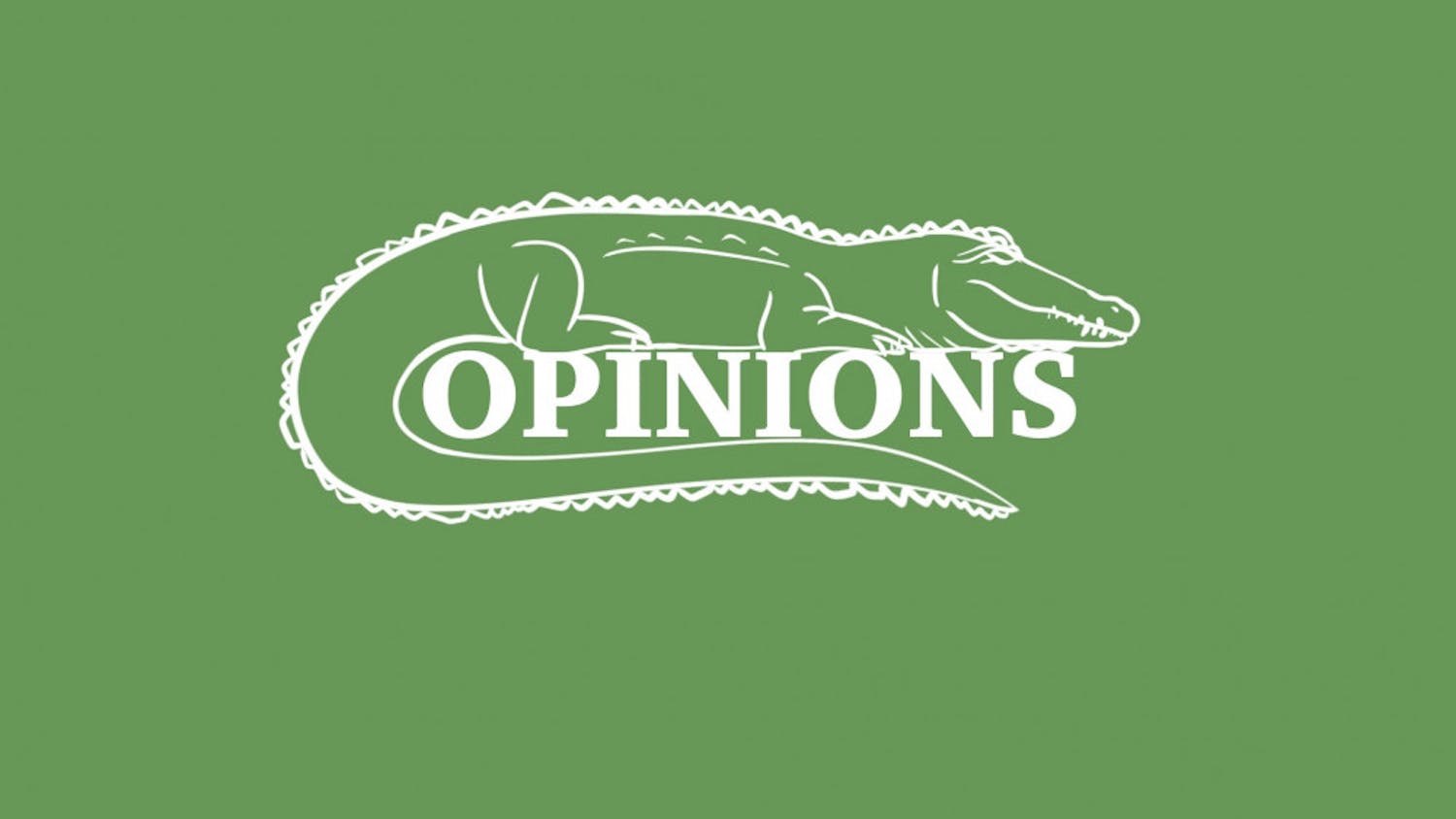Breakups aren’t fun. In fact, as far as things in relationships go, they pretty much suck.
To be clear, I’m generally a proponent of ending relationships that aren’t right. Being with a partner who is willfully manipulative, ungrateful or selfish can have a toxic effect on your life and the lives of those around you. Being with a partner whom you constantly find yourself tolerating more than appreciating is unfair to both your partner and anyone who’d be willing to offer your partner something more than mere tolerance. And staying in a relationship with someone you love but with whom you are fundamentally incompatible is a recipe for frustration and tear-soaked confusion.
While every situation is different, I think it’s generally a good idea to at least consider ending any relationship that falls under those broad categories. But just because it’s a good idea doesn’t mean it hurts any less when the breakup happens.
Breakups, after all, can be horrifying. Discovering that your love is no longer wanted, is no longer good enough or never even existed can make you feel lonely. If the breakup is with someone about whom you genuinely cared, it can be an unusual type of pain that feels like the only person who can help you is the one who hurt you, and it feels ridiculous even thinking that — as ridiculous as getting stabbed and then asking your assailant if he or she has any gauze you can borrow.
But it’s not all bad.
Breakups give us a sort of emotional credibility. After all, it’s a statement about how we feel for those we care about even after being hurt. It’s one thing to be willing to take a chance and leave ourselves vulnerable if we haven’t been stung; it’s an entirely different thing to know how much it could hurt and still be open to it.
And there’s some comfort in knowing that, as unique and personal as a breakup feels, we are not alone. These are the same feelings that dot, in some fashion, the millennia of human history. The feelings that come with getting a “We need to talk” text message know no temporal boundaries. Heartache, apprehension and loss are very old parts of who we are. To wit, even Abe Lincoln had his Ann Rutledge — though, admittedly, that was less a breakup than a fatal fever. It still must’ve hurt, though.
If nothing else, breakups connect us in a very vibrant way. Relationships with people of all ages, races, religions and sexual orientations all involve breakups — and there’s a strong kinship that can be formed with the universal truism that breakups are a bitch. We all know that breakups are painful, and knowing that provides good motivation for us to be there for each other.
Remembering all this does not necessarily help when you’re freshly broken up, though, and knowledge isn’t a vaccine against heartbreak. Even people who know all this still wind up eating and drinking copious amounts of things that come in pints, and they still belt out poorly considered, semi-intoxicated karaoke covers of Alanis Morissette songs. (Neither here nor there, but I may no longer be welcome at a certain Applebee’s.)
But maybe it helps put breakups in context. A breakup, at its best, can be an act of selflessness, courage or emotional liberation. And almost every breakup shapes our relationship with love — what it means to us, why it matters to us and why we’re willing to fight for it.
It’s not the most fun way to go about doing that (it’s probably among the suckier ways, in fact), but it’s good for us, even if it doesn’t feel like it.
Joe Dellosa is an advertising senior. His columns appear on Tuesdays.





